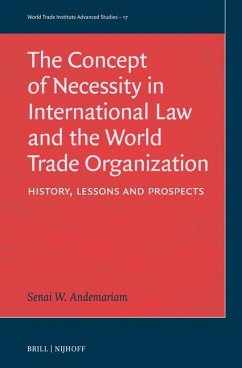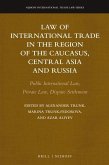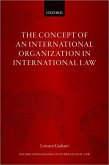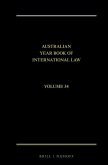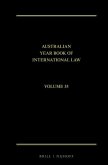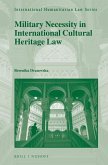By focusing mainly on the concepts of necessity in customary international law and WTO law, this book examines the possibility for interaction and coherence between the concepts of necessity in different fields of international law.
Hinweis: Dieser Artikel kann nur an eine deutsche Lieferadresse ausgeliefert werden.
Hinweis: Dieser Artikel kann nur an eine deutsche Lieferadresse ausgeliefert werden.

